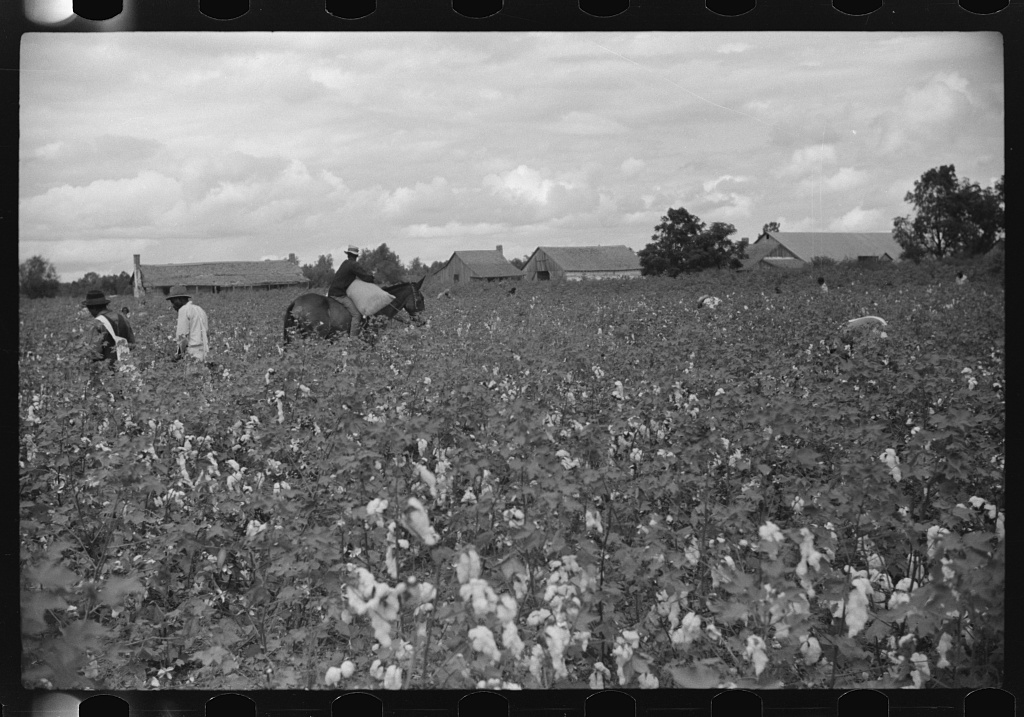Southern Legitimacy Statement: I’m a 69-year old writer who remembers when he was a 13-year old writer, as Octavia Butler was wont to say. Tossed between the Cherokee foothills of South Carolina (my father’s people) and the high mountains near Pisgah National Forest (my mother’s people), I was the first person in my father’s family ever to enter college or have a job that required a collared shirt. Dirt farmers and millworkers mostly, with a few auto mechanics for uplift, all of them former sharecroppers or worse. I was a cuckoo bird, reading voraciously from the time I could string together a sentence in my mind and publishing by the time I was 16-17, was told by my scholarship committee to get rid of my mountain accent, was loved and treated well by that large extended mixed-race family all my life. Luckier than most. One of the great lucks of my life is all the strong women in it, and often as a child I chose to sit with them in the kitchen over going out with the men to hunt or work on cars. And that has made all the difference.
Mule and Garden Days Be Praised
My father was born in the Cherokee foothills along the border between the Carolinas in 1929. His family were sharecroppers, which is a hard way to make a living in this world.
“What did you do when you were a kid?” I asked him once when I was seven or eight.
Walked 14 hours a day behind a mule’s ass, he said, mostly.
He met Nell when he was six and she was two, a cotton jenny-mule his father bought at the trade lot in Forest City. She had long ears, small hooves, a doleful grey face. And a suspicious disposition.
Two years later my father was pulled out of the 5th grade to work on the farm fulltime, which meant as always working with mules.
Gurley and Nell grew up together. When he graduated from farmwork to the textile mill he left the farm but brought the mule with him, along with all her tools: hames and harness, drag chains, one-row cultivators, walking plows, “fertilize” distributor, seeder, moldboard and more. They worked together almost every day, making a garden, hauling logs, pulling the wagon we kept in the center of the barn like a prized car.
They were a sight, talking to each other like old sisters when they were plowing up and down the rows. People would pull off the road to take their picture.
We grew a lot of potatoes, enough to last us the whole year until the next crop. One of my father’s favorite moments was when it was time to dig up those potatoes. We would all gather in the field with wooden boxes while my father hitched Nell up to the biggest moldboard plow we had, with a curved metal blade that he cleaned carefully after each use and sharpened with a rasp. He would set the plow with Nell in the exact right place at the beginning of a 75-foot row of potatoes and yell “Dig in, now!” and the little mule would set in her hooves and pull with all her might, while the moldboard tossed potatoes 2 or 3 feet up in the air.
One of my best friends from high school told this exact story at my father’s funeral.
I was born in 1954, and Nell was already almost 20, but she lived on until I went to college, keeping an ample garden with my dad until the last couple of years. Even then I would see them sometimes leaning against each other down by the barn like old companions, heads close and shoulders touching.
Sometime during my second semester I got a phone call from my dad, which I knew meant something serious had happened. He said: “The mule died, son. I don’t know what to do. Come home.”







